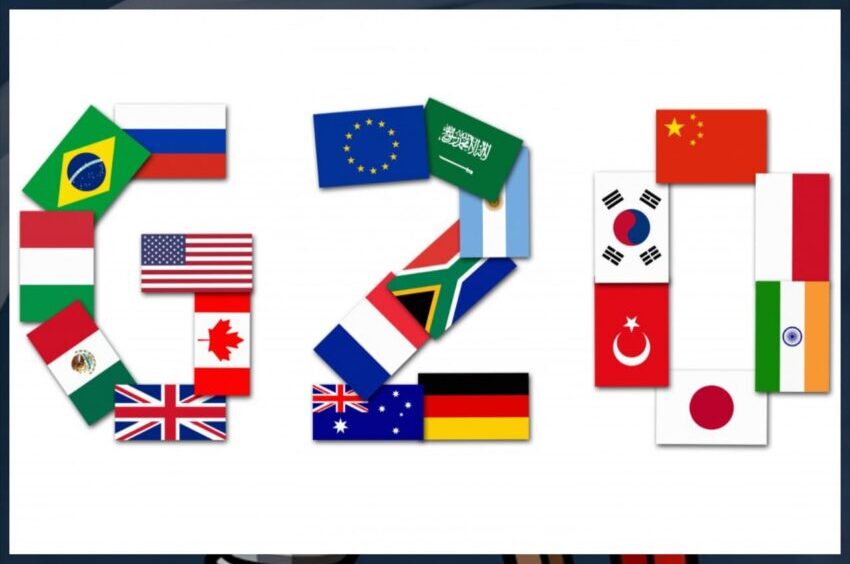Climate Finance Must Be Duty, Not Promise, Says India At G20 Meet

At the G20 Environment Ministers’ Meeting in Cape Town, India urges developed nations to view climate finance as an obligation grounded in equity and shared responsibility, not a matter of discretion
India has called on developed countries to treat climate finance for developing nations as a binding duty rather than a voluntary commitment, urging the global community to ensure fairness and equity in the fight against climate change.
Addressing the G20 Environment Ministers’ Meeting in Cape Town on Thursday, Environment Minister Bhupender Yadav said the forum must serve as a bridge between ambition and implementation, helping nations meet their respective goals while recognising differing capacities and responsibilities.
Reaffirming India’s position on the principle of Common but Differentiated Responsibilities and Respective Capabilities (CBDR-RC), Yadav said the global response to climate change must reflect historical responsibility and economic capability. He stressed that financial support for developing countries “needs to be honoured as an onerous duty rather than a mere promise”, adding that equality in climate action is a right, not a privilege.
Yadav noted that the Paris Agreement marks its tenth anniversary this year, offering an opportunity to assess both achievements and shortfalls. He underlined that India had already met several of its climate targets ahead of schedule, including its pledge to achieve 50 per cent of its installed power capacity from non-fossil fuel-based sources by 2030. This milestone was reached in July 2025- five years early.
India has also committed to reducing the emissions intensity of its GDP by 45 per cent from 2005 levels by 2030 and to creating an additional carbon sink of up to three billion tonnes of CO₂ equivalent through afforestation and land restoration measures. Official assessments suggest the country remains on course to meet these targets.
Quoting Prime Minister Narendra Modi, Yadav said the world must return “to the basics” while advancing towards a sustainable future. He called for a convergence of ecosystem-based solutions and modern technologies, supported by knowledge sharing, capacity building, and technology transfer between nations.
The Minister emphasised the need for a “whole-of-society” approach to environmental stewardship, encouraging individuals and institutions alike to adopt sustainable, “pro-planet” lifestyles.
India’s intervention comes at a critical juncture in global climate diplomacy, with the forthcoming COP30 expected to revisit long-standing debates on climate finance, responsibility, and equity. By asserting that support to developing nations must be treated as an obligation rather than assistance, New Delhi has once again positioned itself as a key voice for climate justice within the G20 and beyond.






































































































































































































































































































































































































































































































































































































































































































































































































































































































































































































































































































































































































